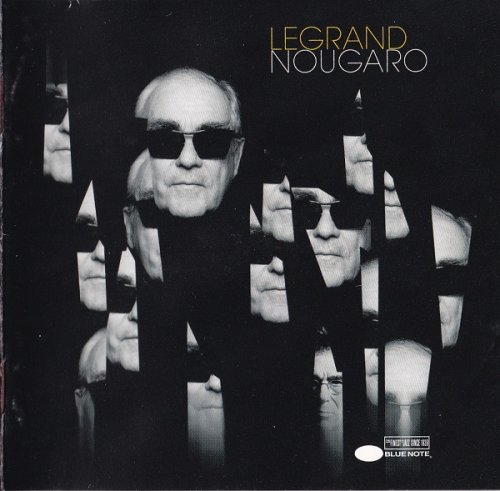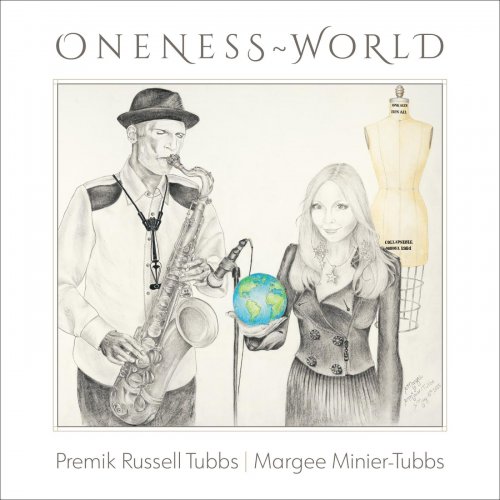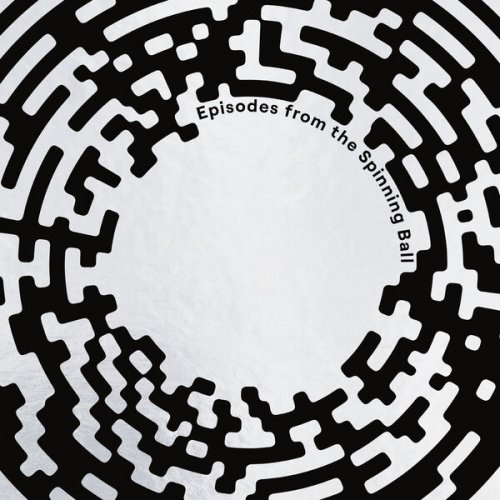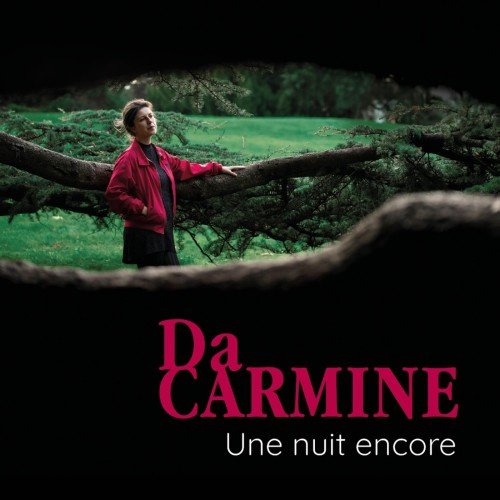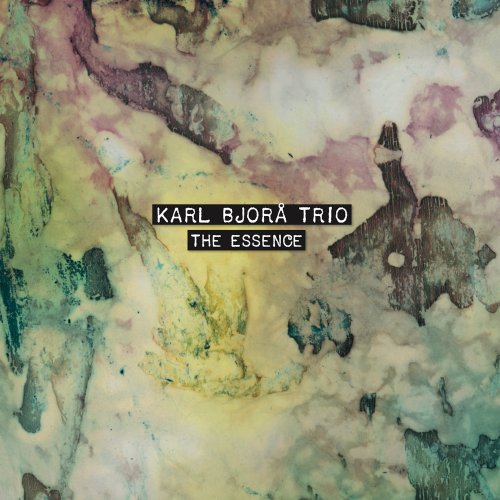Sara Mingardo, Cenacolo Musicale - Bononcini, Lotti & Steffani: Se con stille frequenti. Duetti da camera (2016) [Hi-Res]
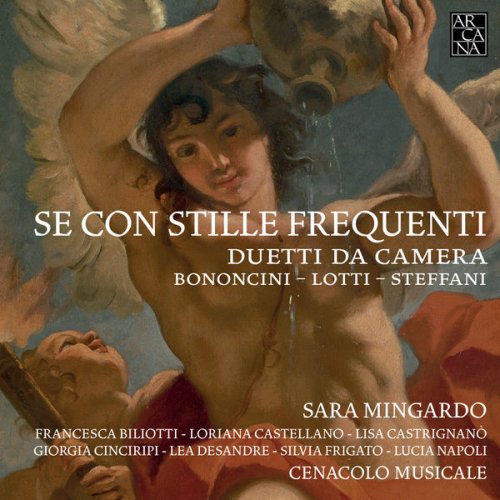
Artist: Sara Mingardo, Cenacolo Musicale
Title: Bononcini, Lotti & Steffani: Se con stille frequenti. Duetti da camera
Year Of Release: 2016
Label: Arcana
Genre: Classical
Quality: mp3 320 kbps / flac lossless / flac 24bits - 96.0kHz
Total Time: 01:02:51
Total Size: 188 / 359 / 1197 mb
WebSite: Album Preview
TracklistTitle: Bononcini, Lotti & Steffani: Se con stille frequenti. Duetti da camera
Year Of Release: 2016
Label: Arcana
Genre: Classical
Quality: mp3 320 kbps / flac lossless / flac 24bits - 96.0kHz
Total Time: 01:02:51
Total Size: 188 / 359 / 1197 mb
WebSite: Album Preview
---------
01. Begl'occhi, oh Dio, non più: Begl'occhi, oh Dio, non più
02. Begl'occhi, oh Dio, non più: Clori mia, s'il cor t'ingombra
03. Begl'occhi, oh Dio, non più: Per te, mia vita, moro
04. Begl'occhi, oh Dio, non più: Se la tua gelosia
05. Begl'occhi, oh Dio, non più: Clori mia, deh, ferma alquanto
06. Duetti, terzetti e madrigali a più voci "Crudeltà rimproverata": Se con stille frequenti
07. Duetti, terzetti e madrigali a più voci "Crudeltà rimproverata": Solo il cor di Mirtilla
08. Duetti, terzetti e madrigali a più voci "Crudeltà rimproverata": Poi che fiera e crudel sempre egualmente
09. Ribellatevi, o pensieri: Ribellatevi, o pensieri
10. Ribellatevi, o pensieri: Se perdei per infida bellezza / Di schernirmi hai finito, Cupido
11. Duetti, terzetti e madrigali a più voci "Querela amorosa": Ben dovrei, occhi leggiadri
12. Duetti, terzetti e madrigali a più voci "Querela amorosa": E scordandomi il mio duolo (Adagio)
13. Duetti, terzetti e madrigali a più voci "Querela amorosa": E non posso col mirarvi (Allegro-Adagio)
14. Arie a voce sola, Libro Primo: Fuggi pur, o crudele
15. Duetti da camera, Op. 8 "Sempre piango, e dir non sò": Sempre piango / Sempre rido
16. Duetti da camera, Op. 8 "Sempre piango, e dir non sò": Recitativo "No, restane in pace"
17. Duetti da camera, Op. 8 "Sempre piango, e dir non sò": Aria "Non sei più l'idolo moi"
18. Duetti da camera, Op. 8 "Sempre piango, e dir non sò": Recitativo "Cintia ingrata e crudele"
19. Duetti da camera, Op. 8 "Sempre piango, e dir non sò": Aria "Al bel dardo d'un tuo sguardo"
20. Duetti da camera, Op. 8 "Sempre piango, e dir non sò": Recitativo "Sono questi del cor gl'ultimi fiati" / Aria "Ché languendo / Ché ingannando"
21. Duetti da camera, Op. 8 "Chi d'amor tra le catene": Aria "Chi d'amor tra le catene"
22. Duetti da camera, Op. 8 "Chi d'amor tra le catene": Aria "Bella sì ma crudel / Vago sì ma infedel"
23. Duetti da camera, Op. 8 "Chi d'amor tra le catene": Recitativo "Ma dì, perché con ingiuste querele" / Aria "Non ha il mondo"
24. Duetti da camera, Op. 8 "Chi d'amor tra le catene": Recitativo "Sei tu fido, mio ben?" / Aria "Con novi e dolci modi"
25. Duetti da camera, Op. 8 "Chi d'amor tra le catene": Aria "Amore è quel bambin" / Aria "Col volto suo divino"
26. Duetti da camera, Op. 8 "Chi d'amor tra le catene": Recitativo "Ceda dunque ogni petto" / Aria "Non conosce piacer"
27. Testimonianza di Fede "Ho scherzato in verità": Ho scherzato in verità
28. Testimonianza di Fede "Ho scherzato in verità": Sai ben tu, caro tesoro
29. Testimonianza di Fede "Ho scherzato in verità": Sai ben tu che non poss'io
Italian singer Sara Mingardo is considered among the more important contraltos of her generation. Her repertory is broad, encompassing works by composers from Monteverdi to Britten, though she has scored some of her greatest successes in operas and sacred music of the Baroque. Mingardo was born in the Venetian suburb of Mestre. Though she displayed musical talent early on, she did not develop quickly: after studies in Venice at the Benedetto Marcello Conservatory and in Siena at the Academia Chigiana, she made her official operatic debut in Italy only in 1987, in Cimarosa's Il matrimonio segreto, singing Fidalma. Following that success she sang Cinderella in the eponymous Rossini opera, in Treviso and Rovigo, in 1988. It was in that Treviso effort that she won first prize in the annual Toti Dal Monte competition. Her other competition successes include the Giulietta Simionato Prize at the 23rd Vienna Competition. While most of Mingardo's appearances up to 1989 were at second-tier operatic venues, she began making her breakthrough at the major sites in Italy thereafter, including La Scala and San Carlo. In 1995 she made her first recording (on Polygram Records), singing the title character in Handel's Riccardo Primo, led by Christophe Rousset. This followed her official international debut in that role, in Fontevraud, France. She reprised this same role later on at the International Festival of Baroque Music in Bonn and at the Théâtre des Champs-Élysées in Paris. After that 1995 French debut, she appeared regularly at numerous other major international locales: under Claudio Abbado, she sang Emilia in Verdi's Otello at the 1996 Salzburg Festival. Her U.S. debut was at the 2000 Santa Fe Opera Festival production of Rossini's Ermione, where she sang Anromaca. Mingardo has developed a strong international following over the years and has thus been in demand on recordings. Two solo albums appeared in 2003 and 2004, respectively, on the Opus III label. The first, titled Sara Mingardo, featured works by Pergolesi, Vivaldi, Scarlatti, and Handel, and the second, works by Monteverdi, Vivaldi, Handel, and others. Other recordings include Monteverdi's L'Orfeo, Vivaldi's Stabat Mater and Armida, Pergolesi's Stabat Mater, and Verdi's Falstaff. Her 2002 recording of Berlioz's Les Troyens won a Gramophone Award and Grammy Awards for Best Opera Recording and Best Classical Album.
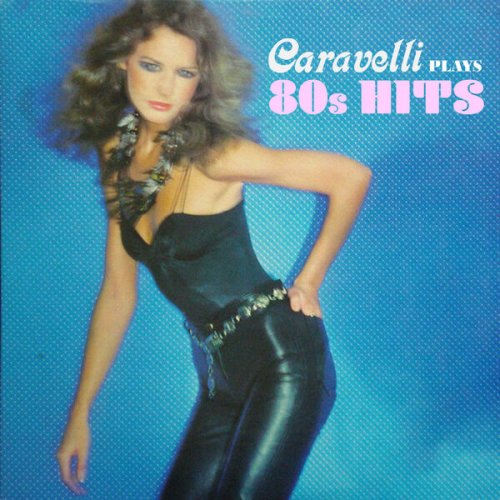
![Cesare Pizzetti - Make It Happen (2025) [Hi-Res] Cesare Pizzetti - Make It Happen (2025) [Hi-Res]](https://www.dibpic.com/uploads/posts/2025-11/1764319358_cover.jpg)

